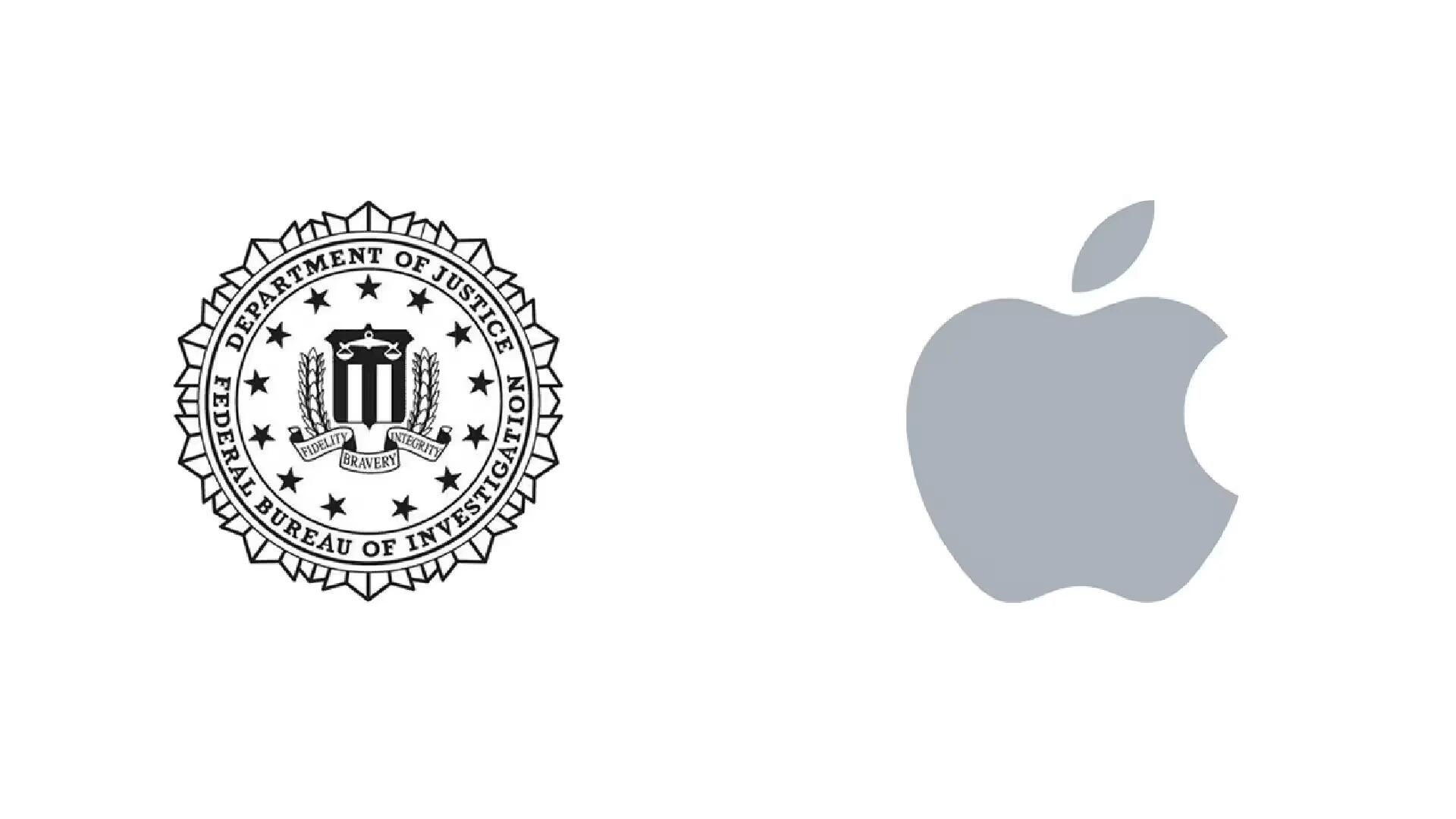The U.S. Department of Justice (DOJ) has escalated its fight with Apple by filing a new motion to force Apple to comply with the court order to help FBI unlock the iPhone used by one of the San Bernardino attackers.
In this new filing, the DOJ claims that Apple’s refusal to provide backdoor access to the government is a marketing ploy and “appears to be based on its concern for its business model and public brand marketing strategy” rather than a legal rationale and condemns Apple for not providing required tools to the FBI.
The filling states
Apple has attempted to design and market its product to allow technology, rather than law, to control access to data, which has been found by this court to be warranted for an important investigation. Despite its efforts, Apple nonetheless retains the technical ability to comply with the Order, and so should be required to obey it.
The dispute between Apple and the FBI centers around the FBI’s request for a new version of iOS that would disable certain passcode security features on the shooter’s iPhone 5c. The FBI has made three demands of Apple, which are as follows:
- Eliminate the auto-erase function that wipes an iPhone if the wrong passcode is entered 10 times.
- Eliminate the delay that locks the FBI out of the iPhone if the wrong passcode is entered too many times in a row.
- Implement a method that would allow the FBI to electronically enter a passcode using software.
However, Apple has declined the request saying it would set a “dangerous precedent” and “has implications far beyond the legal case at hand” and has written an open letter clarifying its standing.
Apple seems to be shocked with new turn of events with DOJ filling a new motion without waiting for Apple to respond to the court order legally. Apple has until next week to respond to an order by a California magistrate this week compelling it to provide the technical assistance that the F.B.I. says it needs to get into the phone. Apple executives said they were puzzled by the Justice Department’s decision to rush back into court before the company even had a chance to respond to this week’s court order.
Department of Justice also questions Apple’s public statement that claims FBI wanted it to create backdoor.
Apple left the government with no option other than to apply to this court for the order issued on February 16, 2016. The order requires Apple to assist the FBI with respect to this single iPhone used by Farook by providing the FBI with the opportunity to determine the passcode. The Order does not, as Apple’s public statement alleges, require Apple to create or provide a “back door” to every iPhone; it does not provide “hackers and criminals” access to iPhones; it does not require Apple to “hack [its] own users” or to “decrypt” its own phones; it does not give the government “the power to reach into anyone’s device” without a warrant or court authorization; and it does not compromise the security of personal information.
DOJ also states that Apple can retain the custody of its software at all times, and it gives the company the flexibility in the manner in which it provides assistance.
DOJ has accused Apple of exaggerating how difficult it would be to come up with a solution to comply with the court order. The prosecutors believe that it is not more difficult than providing a new software update, which the company does regularly. Apple executives have acknowledged that it was technically possible, but it was unwarranted for the government to develop something that does not exist.
Earlier this week, Apple announced its opposition to the order in a letter to customers. It also gained support of various tech companies like WhatsApp, Facebook, Google, and Twitter for its stance in protecting its customer’s privacy. Apple has not yet filed a formal reply to the court’s order.
You can read government’s motion here.
Source:Â NY Times
